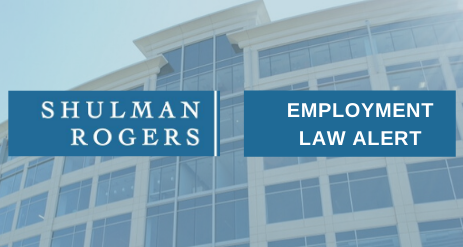
On February 21, 2023, the National Labor Relations Board issued a decision that will significantly impact how all employers (even if not unionized) can use confidentiality and non-disparagement provisions in severance agreements. In McLaren Macomb, the National Labor Relations Board found the non-disparagement and confidentiality provisions in a severance agreement were unlawful because they interfered with, restrained, and coerced employees in the exercise of their Section 7 rights under the National Labor Relations Act. As a reminder, the Act applies even if your workforce is not unionized. The Board further found that by conditioning receipt of severance benefits on acceptance of the non-disparagement and confidentiality provisions, the employer violated Section 8(a)(1) by merely offering the severance agreement. In other words, the severance agreement was unlawful even though the employer never sought to enforce the provisions being challenged before the Board.
The severance agreements at issue contained the following, newly unlawful, provisions:
Confidentiality Agreement. The Employee acknowledges that the terms of this Agreement are confidential and agrees not to disclose them to any third person other than a spouse, or as necessary to professional advisors for the purposes of obtaining legal counsel or tax advice, or unless legally compelled to do so by a court or administrative agency of competent jurisdiction.
Non-Disclosure. At all times hereafter, the Employee promises and agrees not to disclose information, knowledge or materials of a confidential, privileged, or proprietary nature of which the Employee has or had knowledge of, or involvement with, by reason of the Employee’s employment. At all times hereafter, the Employee agrees not to make statements to Employer’s employees or to the general public which could disparage or harm the image of Employer, its parent and affiliated entities and their officers, directors, employees, agents and representatives.
The Board found that the confidentiality provision violated employees’ Section 7 rights because it prohibited employees from “disclosing even the existence of an unlawful provision contained in the agreement,” which would tend to restrain employees from filing an unfair labor practice charge or assisting a Board investigation into the employer’s use of the severance agreement. The Board found that the non-disparagement provision violated employees’ Section 7 rights because “[p]ublic statements by employees about the workplace are central to the exercise of employee rights under the Act.” The Board also explained that the provision precluded “any statement asserting that the [employer] had violated the Act,” included “employee conduct regarding any labor issue, dispute, or term and condition of employment,” and chilled “efforts to assist fellow employees, which would include future cooperation with the Board’s investigation.”
Although the Board’s decision provides guidance on what employers cannot do, it provides little guidance on what language would be acceptable. Many of you are using template severance agreements prepared by legal counsel or copied from the internet. We recommend that employers review their severance agreements in light of this decision– it is probably time for an update. The Shulman Rogers Employment and Labor Law Group will continue to monitor developments regarding this decision.
Stay up to date with all the latest news and events.